Signs of deep rifts over how quickly to cut national deficits were emerging as world leaders gathered in Toronto for summits of the G8 and G20 groups of rich nations today.
The divisions added to growing jitters over global stock markets, which have been falling for four days in a row.
The US, led by Treasury secretary Tim Geithner, is resisting moves to cut deficits early, with Geithner warning that growth and confidence are paramount.
There are increasing fears of the risk of a double-dip recession in the US, with house sales falling and a slow pick-up in employment.
But the German chancellor, Angela Merkel, and her allies have been insisting that her plans to cut Germany's deficit by €80bn (£65.8bn) over four years will not stall growth. Merkel has warned that the sovereign debt crisis in Europe requires urgent action.
Admitting that discussions at the summits would be controversial but stressing that deficit reductions needed to be in place now, she said: "I and the EU will argue this position. There are others who are not yet so convinced of this exit strategy."
The German finance minister, Wolfgang Schäuble, wrote in the Financial Times: "Governments should not become addicted to borrowing as a quick fix to stimulate demand. Deficit spending cannot become a permanent state of affairs."
The Germans are being supported by the European commission president, José Manuel Barroso, as well as David Cameron. The chancellor, George Osborne, will join the discussions over the weekend.
At a news conference in Toronto, Barroso said Europe could no longer afford to borrow and spend and must repair its budgets in order to rebuild confidence for growth.
"It will not be a change overnight, but there is no more room for deficit spending," he said.
The European central bank president, Jean-Claude Trichet, also dismissed the idea that budget cuts could undo the fragile economic recovery.
"The idea that austerity measures could trigger stagnation is incorrect," he told the Italian La Repubblica newspaper, describing the German budget plans as "good".
The election of a British government supporting the new austerity mood inside the EU has decisively shifted the balance in the G20 towards greater action to cut deficits.
The departure of Gordon Brown – a leading advocate of last year's worldwide fiscal stimulus – from these summits has left the US increasingly isolated, even if some claim the US attitude to deficit reduction is not vastly different to Europe's in detail.
The US president, Barack Obama, is warning Europe that the US cannot be expected to pick up all the slack, and that "surplus countries" – frequently code for Germany and China – must find ways to stimulate growth and promote trade.
There are also deep rifts over bank regulation, with the Germans calling for controls on hedge funds and short selling.
Canada, meanwhile, is trying to strike a balance between Europe and the US.
Prior to this weekend's meeting, Canada issued a letter calling on the G20 nations to agree to halve their deficits by 2013 and bring their debt to GDP ratios down to more sustainable levels.
The Canadian finance minister, Jim Flaherty, said the targets were under discussion and would not rule out their being even tighter in the final communique.
"There are some more discussions about what the precise [deficit reduction] targets would be, and that's not a settled matter," he added.
The targets would not be fully binding on G20 members, but the IMF is likely to be given a loose surveillance role. The British deficit reduction plan is one of the most intense inside the G20 group of countries.
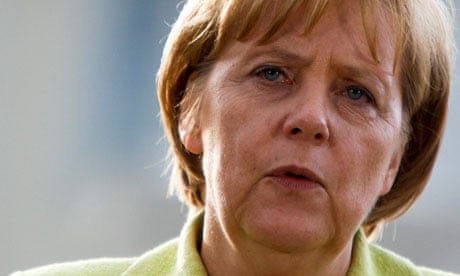
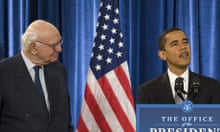
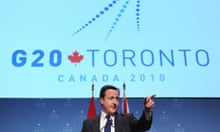

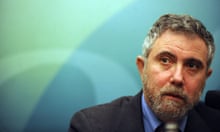

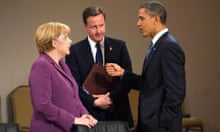
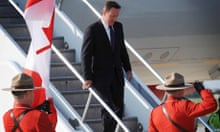
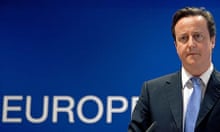
Comments (…)
Sign in or create your Guardian account to join the discussion